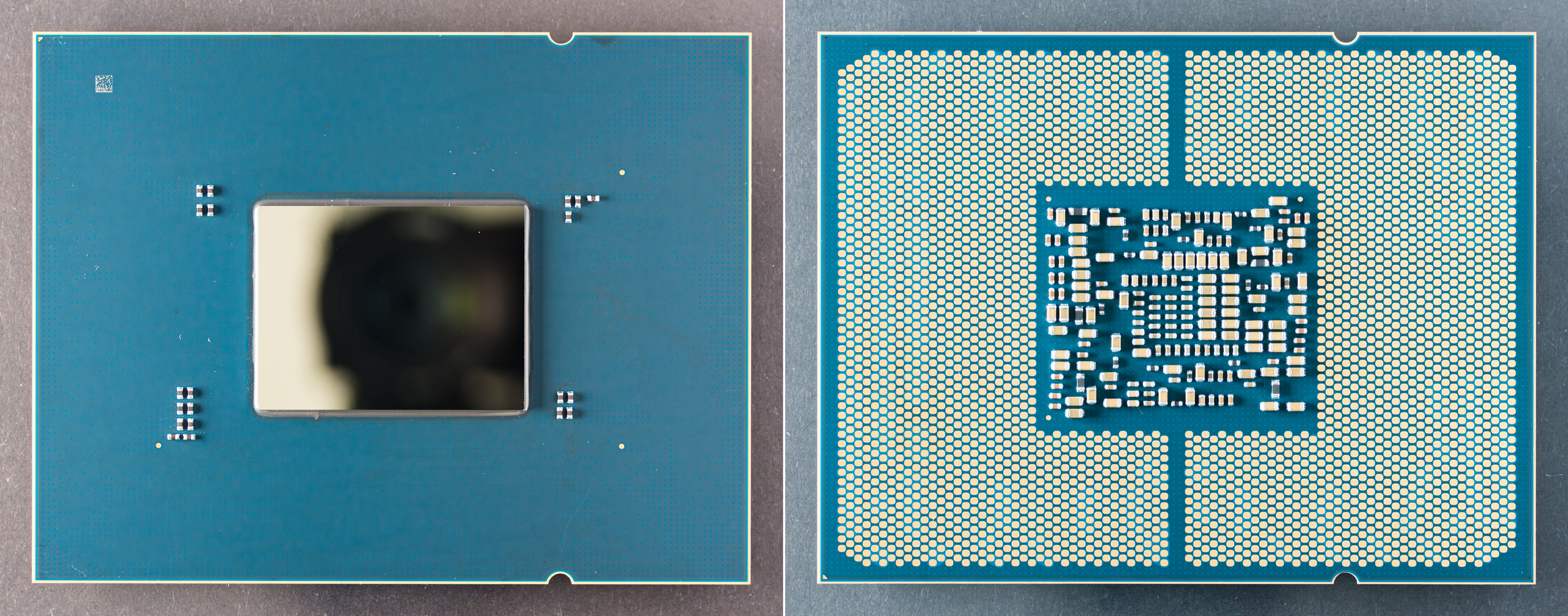Despite restrictions, Russia allegedly finds new way to produce sanctioned 48-core Baikal-S processors: Report
A new way, or a new manufacturer?

Russia has managed to obtain a small batch of 48-core Baikal-S processors aimed at servers and storage devices, reports CNews citing Vasily Shpak, Deputy Minister of Industry. The batch of 1,000 units will be distributed among developers and makers of servers, which will design products around these processor, something that suggests that more CPUs are incoming. The only question is from where did Russia-based Baikal Electronics go them?
After Russia started full-scale war against Ukraine in February, 2022, Taiwanese authorities imposed strict export controls on processors that can be shipped to Russia and Belarus. As a result, Russian entities like Baikal Electronics can only procure 32-bit CPUs operating at frequencies of up to 25 MHz and offering performance of up to 5 GFLOPS from Taiwan companies, which pretty much excludes any modern technology.
By contrast, the Baikal Electronics BE-S1000 server-grade processor is a pretty capable part: it is said to offer performance of 358 FP64 GFLOPS at 120W. The Baikal-S unit packs 48 Arm Cortex-A75 cores at 2.50 GHz, has six 72-bit memory interfaces supporting up to 768 GB of DDR4-3200 ECC memory in total (i.e., 128GB per channel), five PCIe 4.0 x16 (4x4) interfaces, one USB 2.0 controller, two 1GbE interfaces, and various general purpose I/O. The chip was originally set to be made using TSMC's 16FFC process technology, but its developer could only obtain pre-production samples and could never get production CPUs. Baikal Electronics had ambitious plans to scale production to 600,000 BE-S1000 units annually by 2025, but got zero chips as Russia invaded Ukraine.
Apparently, Baikal Electronics has either ported design of the Baikal-S to another process technology and placed an order with another foundry (presumably in China), or found a way to get the chips from TSMC by deceiving the chipmaker and placing its order using a proxy.
Industry insiders see the small shipment as a symbolic but crucial milestone. The batch will allow Russian companies to begin integrating Baikal-S processors into their system designs, which is expected to take at least a year. If Baikal Electronics builds its BE-S1000 chips at a new foundry, it will also take it about a year to kick off mass production, presumably in China.
Considering the fact that Russian companies have hard times getting processors from renowned makers, demand for the Baikal-S CPU will be high and can far outpace supply.
Get Tom's Hardware's best news and in-depth reviews, straight to your inbox.

Anton Shilov is a contributing writer at Tom’s Hardware. Over the past couple of decades, he has covered everything from CPUs and GPUs to supercomputers and from modern process technologies and latest fab tools to high-tech industry trends.
-
GenericUsername109 If Russia (or China) wants to get any western HW available on the market, they will be able to do it. It will be significantly more expensive and without a warranty, but it's doable using smugglers and hustlers. The western leaders thinking, that the sanctions are going to magically stop all deliveries, are just grandiose and delusional. That's not how goods and materials markets work.Reply -
blitz120 It's well past time to eliminate all these ridiculous sanctions! They end up wasting the effort of very smart people duplication work, separating people who could be building bridges of understanding across national boundaries, and increasing the likelihood of violent conflict.Reply
It's time to tell the governments of the world that we won't put up with these abhorrent restrictions on our freedom. -
realistdemon Reply
Well, I'm not good at chips and I'm not defending Russia. But I feel like A75 is sufficient and efficient enough for servers. Servers have better cooling and they need massive scalabilities. Something higher may have fewer stocks so it's not a viable option.Pierce2623 said:A75 cores from 2017 ? Bahahahshahaha! Go Russia! -
nameless0ne Reply
This is the case for pre-built systems (servers, network devices etc.). No one expects that those goods will not reach Russia. They have an import network set up through UAE and some other middle east country. But this adds a sizeable price increase to the tune of 40%. Goods are being routed through third countries and intermediaries take their cut. This is a serious hurdle.GenericUsername109 said:If Russia (or China) wants to get any western HW available on the market, they will be able to do it. It will be significantly more expensive and without a warranty, but it's doable using smugglers and hustlers. The western leaders thinking, that the sanctions are going to magically stop all deliveries, are just grandiose and delusional. That's not how goods and materials markets work.
A lot of goods are being replaced with Chinese alternatives that are of lower quality.
But custom parts like this CPU are most likely impossible to procure from Taiwan. These CPUs are likely made in China by YMTC. No western company will take up the risk of being sanctioned.
TSMC made some AI parts that turned out to by designed by Huawei and ordered via proxy. And that was a major scandal and is currently under investigation. TSMC might still get fined for this if it is proven that they were negligent.